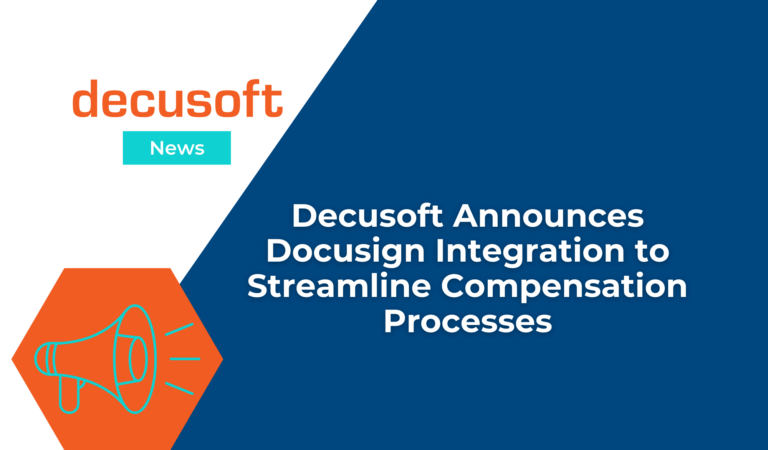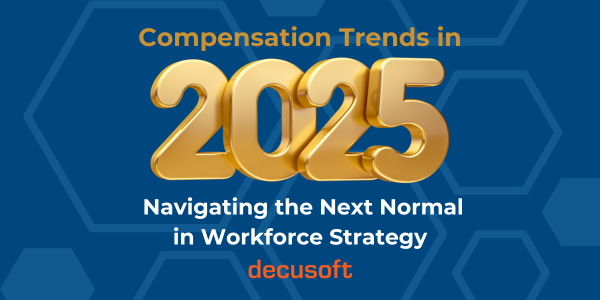With everything going on this year due to COVID-19, it is more understandable now than ever if you have not had the dedicated time and/or resources to proactively manage your compensation. Up to 70% of a firm’s total labor costs come from compensation. Not only does this mean it’s critical, in many ways it could be the most important component in your organization at this time.
With budgets being cut and uncertainty about what the new normal looks like, the necessity of holding on to top talent and streamlining your HR processes is paramount. It’s simple- when it comes to compensation, employees want transparent, worry-free information about how they are being rewarded for performance.
If you are in the compensation space, I know that you are most likely in your busiest time of year, but if you were able to spare a few minutes to read this – take these four thoughts with you into your cycle:
- Accuracy
- Agile
- Secure
- Streamlined
Accuracy – Are your numbers right? Studies have shown 83% of users leveraging Excel for variable compensation found errors in the calculations. Honestly, while understandable, this is unacceptable. Employee confidence is damaged by errors like this and the firm is potentially making inaccurate payments.
Agile – Are you managing your program through a central repository? If not, what is the net effect of changes and last-minute updates? Are you constantly re-running data through multiple levels? If your program is complex and dynamic, you need to work with a solution that matches it and exceeds it.
Secure – This is a broken record, but are you handling sensitive data in a secure manner? Are there files and emails floating around with information that should be considered highly secure? To take it a step further, are the change controls in place to document who did what and when? Audits are and will continue to happen and the more centralized your process, the easier it will be to navigate.
Streamlined – Is the process too manual and labor-intensive? Are you or your staff constantly going back and forth with managers and executives with changes and updates and pleas to get the work done? Would you benefit from automating and streamlining this process to free yourself and your staff up to concentrate on the job and not run around making updates?
Now, with these four ideas running through your head, think about how your process plays out for the year-end of 2020. Clearly, this year is an anomaly of epic proportions across the board, but that doesn’t mean that things will necessarily go back to the way they were. We will most likely end up with some new status quo. Collectively, we are all going to have to adapt and change and most importantly…get better. Compensation is not going to be any different.
In summary, there are inherent risks managing compensation via Excel. Additionally, if you implemented an HCM solution like Workday, SAP, Ultimate, or Oracle, there’s a good chance they cannot accommodate your unique needs when it comes to managing compensation.
It is time to consider compensation a priority and resource it with the tools and processes it needs to be successful. The trickle-down effect throughout the organization is very real and very impactful. We have built our product, Compose around this belief. I would love to hear about your challenges and how you are thinking differently this year.




